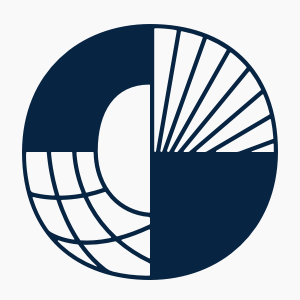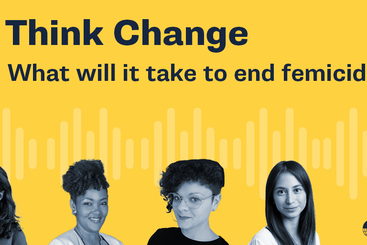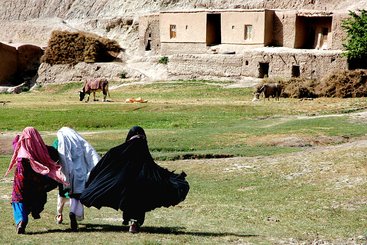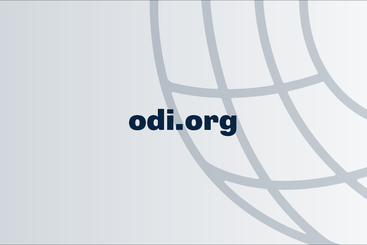Identified in 2008 by the World Health Organization (WHO) as a country in need of ‘intense support’ to strengthen mental health services, Jordan was the first country chosen by WHO to implement its Mental Health Gap Action Programme (mhGAP) (WHO, 2022). Since then, mental health has been integrated into Jordan’s three main health policies – the National Strategic Health Plan, the Health Sector Reform, and the National Strategy for Health Sector in Jordan – and has taken centre stage in the National Mental Health and Substance Use Action Plan (WHO, 2020).
However, despite strong commitment from the government and mental health professionals, access to services remains extremely limited. This is partly due to the small number of primary health care clinics providing mental health care, partly the sheer magnitude of need given Jordan’s population, which includes a large number of Palestinian and Syrian refugees who have experienced conflict and protracted displacement, and partly due to the cultural stigma that surrounds mental ill health in countries throughout the Middle East (International Medical Corps (IMC), 2017; Dmour et al., 2020; WHO, 2020).
The Covid-19 pandemic has highlighted the urgency of addressing unmet mental health needs in Jordan, including the age-specific needs of adolescents – a cohort that has borne the brunt of the pandemic’s psychosocial impacts (Kılınçel et al., 2020; Majeed and Ashraf, 2020; Patel, 2020; Zhou et al., 2020). However, one positive development is that as concerns have grown about young people’s mental health and how it impacts their broader well-being and their longer-term trajectories, the stigma that surrounds mental ill health is beginning to fall away and open up new entry points for dialogue and change (Japan International Cooperation Agency and Save the Children Japan, 2021).
Authors: Elizabeth Presler-Marshall, Nicola Jones, Bassam Abu Hamad, Agnieszka Małachowska and Wafa Al Amaireh
-
‘I want someone to ask me why I’m sad and to listen to me’: adolescent psychosocial well-being in Jordan
Read more about ‘I want someone to ask me why I’m sad and to listen to me’: adolescent psychosocial well-being in Jordan.




